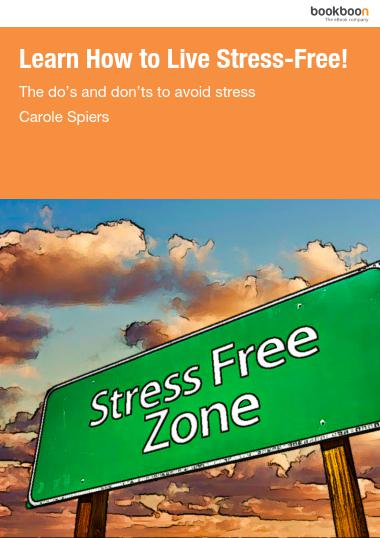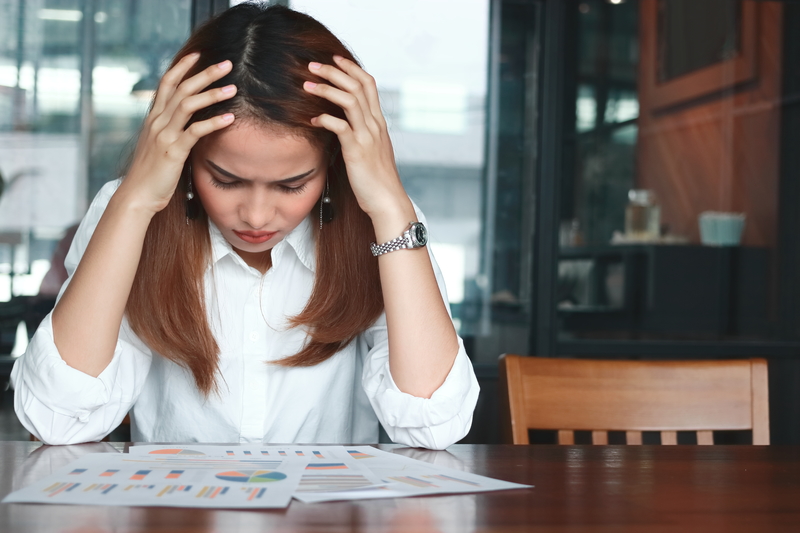Stress Symptoms: The Mechanics and Causes

Understanding the mechanics of work related stress
Working in the 21st century environment is a lot easier if we are going to consider the technological advancement we have. However, the present time also triggers many work-related stress that if not handled well may cause illnesses and disorders.
Stress is “the adverse reaction people have to excessive pressures or other types of demands placed on them. It arises when they perceive that they are unable to cope with those demands”.
Today, those pressures and demands can be seen and experienced anywhere, anytime. People are usually threatened by many factors inside and outside the workplace, which results to variety of stress levels depending on their personality and ability to handle them. We can experience repetitive stress responses throughout various phases at work, to the point that our bodies may be unable to recuperate. Eventually, this will manifest itself as a stress-related illness.
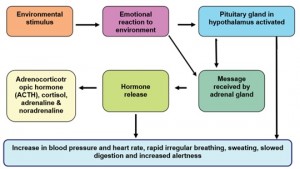
The Mechanics of Stress
The word “stress” possibly came from the Latin word “strictus” which means tight or narrow or from the Middle English word “stresse” which means hardship or distress.
The biological concept of stress was pioneered by Hans Selye (1907 – 1982), a Canadian physician and medical educator born in Austria. He is an expert in terms of stress research. He noted that when a person is subjected to prolonged stress, that person goes through three phases. He termed these responses as the General Adaption Syndrome (GAS).
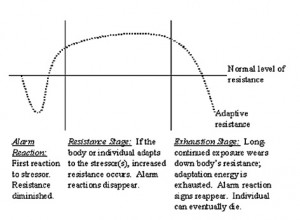
- Alarm Reaction is the fight or flight response when the body’s resources are equipped with various neurological and physiological responses that occur when confronted with a stressor.
- Resistance, the second stage, happens when the individual continues to experience stress. At this point, the body is more able to cope with the original stress but its resistance to any other stress is lowered. If the threat is brief, there are usually sufficient reserves available to adapt.
- Exhaustion happens when energy reserves are depleted after the prolonged resistance. This is when breakdown occurs. The individual does not have enough energy to continue with the adaptation process and the body fails to return to its normal state. Depending on the individual and the stressor, persistent stress can lead to ‘burnout’ (breakdown), serious disease, organ failure or even death.
What causes stress?
Basically, it is not the situation itself that causes stress – it is how we think about the circumstances and how we act on it. Stress occurs when the pressure on an individual seems to be overwhelming or out of control. They will eventually feel that they do not possess the necessary skills to fight against it, resulting to the sentiment that they will not be able to cope.
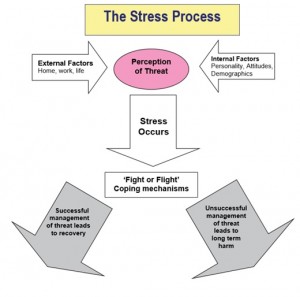
When things aren’t working the way it is supposed to be or the way it is expected, people tend to be pressured and overwhelmed. Short-term stress is natural. However, prolonged exposure to it can cause several negative effects that is hard to reciprocate. The best thing to fight for these effects is to be optimistic all the time and never to be reluctant to ask for help. Also, always aim not to become one of the “stressors” at work.
Happy working!
Here is the first article from this blog series:
